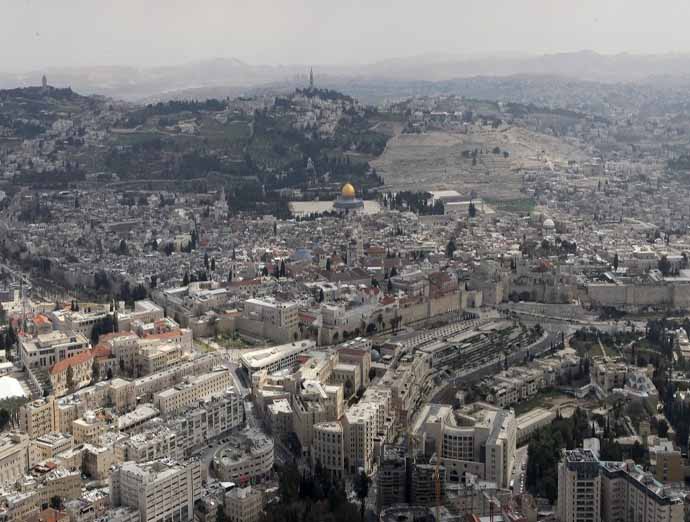Jerusalem holds deep religious, historical, and political significance for millions around the world. As the declared capital of Israel, it has been a focal point of conflict and diplomacy, with claims by both Israelis and Palestinians. The question of whether Jerusalem should remain the undivided capital of Israel is one of the most complex and emotionally charged issues in global politics.
Historical Context
Jerusalem has been at the heart of Jewish identity for thousands of years. It is home to the Western Wall, one of the holiest sites in Judaism. However, Jerusalem is also sacred to Muslims and Christians. The Al-Aqsa Mosque, the third holiest site in Islam, sits within the city’s ancient walls. This shared heritage fuels competing nationalistic and religious claims.
In 1947, the United Nations proposed a partition plan for Palestine, designating Jerusalem as an international city due to its religious significance. However, after the 1948 Arab-Israeli War, the city was divided, with West Jerusalem under Israeli control and East Jerusalem under Jordanian rule. In the 1967 Six-Day War, Israel captured East Jerusalem and subsequently declared the city its unified capital.
Arguments for an Undivided Jerusalem
1. Historical and Religious Significance for Jews
Proponents of an undivided Jerusalem argue that the city is central to Jewish heritage. Israel’s government insists that Jerusalem, in its entirety, is the eternal and indivisible capital of the Jewish people. They believe dividing the city would deny Jews their historical and religious rights.
2. Sovereignty and Security
Israel emphasizes the importance of maintaining security in Jerusalem. Dividing the city could create vulnerabilities, particularly in terms of access to holy sites and defense against potential unrest. Some argue that keeping the city unified under Israeli governance provides a more stable and secure environment for residents and pilgrims of all faiths.
3. Diplomatic Precedent
In 2017, the United States recognized Jerusalem as the capital of Israel, moving its embassy there. This decision bolstered Israel’s claim to the city as its capital. Several other countries have since followed suit, supporting the notion that Jerusalem should remain undivided.
Arguments for Dividing Jerusalem
1. Palestinian Claims to East Jerusalem
Palestinians view East Jerusalem as the capital of a future Palestinian state. They argue that Israel’s control over the area, particularly over Arab neighborhoods and religious sites, undermines their rights and identity. A divided Jerusalem, with East Jerusalem as the capital of Palestine, is seen by many as key to achieving a two-state solution.
2. International Law and Peace Negotiations
Under international law, East Jerusalem is considered occupied territory. Many countries and organizations advocate for a division of the city, with both Israelis and Palestinians sharing sovereignty. This approach, they argue, is essential for a lasting peace agreement that respects the aspirations of both sides.
3. Religious Pluralism and Shared Governance
Some suggest that dividing the city would ensure equitable access to religious sites for Jews, Christians, and Muslims. A shared governance model, potentially under international supervision, could prevent tensions and conflicts over access to holy sites.
The future of Jerusalem remains one of the most contentious issues in Middle Eastern geopolitics. While Israel insists on maintaining the city as its undivided capital, Palestinians and many in the international community see a divided Jerusalem as integral to achieving peace. Whether the city remains unified or is shared between Israelis and Palestinians will depend on complex negotiations, historical grievances, and the willingness of both sides to compromise.


